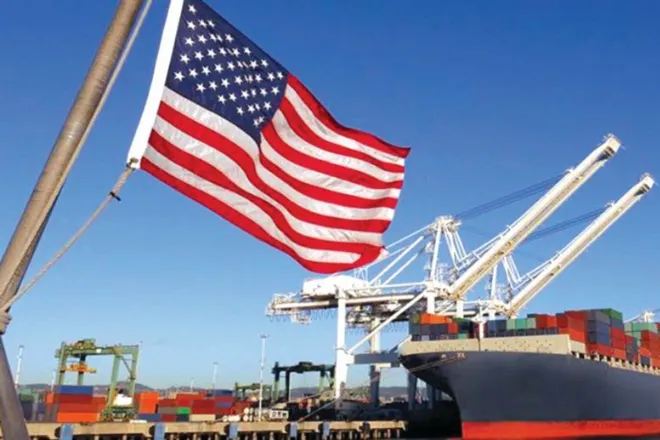The United States and China have reached a new trade agreement that marks a significant step in reducing U.S. dependence on Chinese imports. Treasury Secretary Scott Bessent says the deal focuses on key strategic sectors like steel, semiconductors, and medicine, without calling for a full economic separation.
Contents
Trade Pact Aims to Cut Reliance on Chinese Imports
Treasury Secretary Scott Bessent said the new U.S.–China trade agreement is a key step in reducing America’s dependence on Chinese imports. While a full decoupling from China is unlikely, the U.S. is targeting specific areas critical to national security.
In 2024, the U.S. imported nearly $440 billion worth of goods from China and ran a $295.4 billion trade deficit. The new agreement, reached over the weekend, signals progress in shifting away from that reliance, especially in sectors like steel, medicine, and semiconductors.
Focus on Strategic Sectors, Not Total Separation
During a CNBC interview, Bessent explained that the U.S. is not seeking a total economic break from China. Instead, the goal is to strategically decouple in sectors where supply chain weaknesses were exposed during the COVID-19 pandemic.
“Efficient supply chains are not always resilient,” Bessent said.
The pandemic created high demand for goods—especially automobiles, appliances, and tech products—leading to shortages and the worst U.S. inflation spike in 40 years.

Tariff Details and Industry Protection
The trade deal includes a 90-day pause on reciprocal tariffs, though broad 10% duties will stay in place. A 20% tariff on fentanyl-related products will also remain.
Bessent emphasized that these industry-specific tariffs are designed to protect key U.S. sectors.
“We are going to make our own steel… These tariffs support our steel, medicine, and chip industries,” he said.
Progress on Fentanyl Cooperation
Bessent also noted that China is now cooperating with the U.S. to stop the flow of fentanyl precursor chemicals a major issue contributing to the opioid crisis.
While the exact timeline for the next round of talks is unknown, Bessent said they are expected in the coming weeks.
